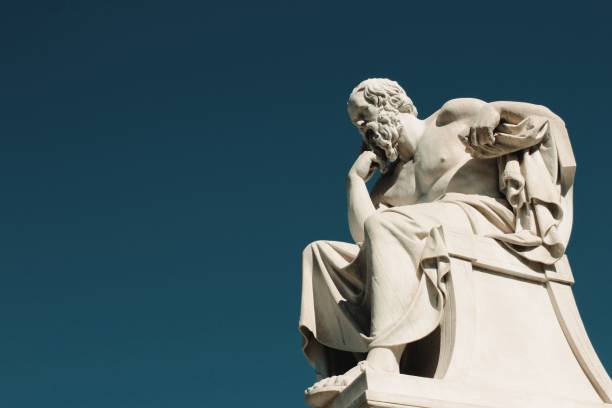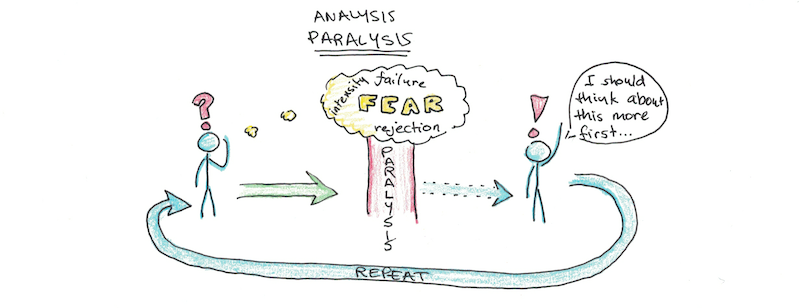A Stoic Take on Mental Health: concluding successes and setbacks
As I conclude this passion blog with this final post, I wanted to reflect on the journey we’ve taken throughout the past 10 blog posts in depicting moments throughout stoic philosophy and its application to mental health. We’ve seen the ancient Roman philosopher Marcus Aurelius’s book Meditations applied to our understanding and perspective of time, pain, change, and even pleasure in our lives. In reflection, though, I have found it hasn’t been applied much in my life – but rather just gained more clarity and awareness of my place within the world around me.

Is that wrong? Have I failed with the use of the philosophy? In this reflection, I have paralleled this to the business term “strategic inertia” more commonly known as analysis paralysis. Throughout this semester, I have analyzed philosophical approaches within Meditations but never took any of its concepts into my life. This same idea can be applied to how I develop strategies and systems for productivity: all lasting for a couple of days and fizzling away.

It’s an almost ironic paradox that many of us face — by understanding, strategizing, and learning more; we become more hesitant to act. That’s where I had gone wrong this semester, not that I hadn’t created great plans or strategies, but I failed to act on the philosophies I prided myself on knowing so well. After 10 blogs and thousands of words of analysis, I propose that to be the biggest flaw within philosophy as a whole. The likes of Marcus Aurelius, Plato, Socrates, and many others are known as the greatest “thinkers” but what change does that bring to the exterior world around them? Amidst understanding my mental health through the lens of philosophy, I failed to actualize my findings into externalized practice.
“I think, therefore I am.”
A highly popular phrase coined by a French philosopher. To think may, in a way, be to become. But in adding my own interaction to this: to think is to develop a framework (an outline) of yourself – but action is the concrete component that we become through. The same is true for mental health, a therapist can only do so much – you may have more clarity on health issues but without any action, they will not change.
Although I may have not entirely changed my life through these blog posts and research, I am confident I have gained a wider perspective on philosophy and my mental health through the process. Now, it’s up to us to continually take action on what we find in philosophy and our life experiences in reflection.
By Ethan McCarthy, Penn State University | ENGL 137H










 To me, as it may to you, entrusting my own happiness to the souls of others soun
To me, as it may to you, entrusting my own happiness to the souls of others soun



